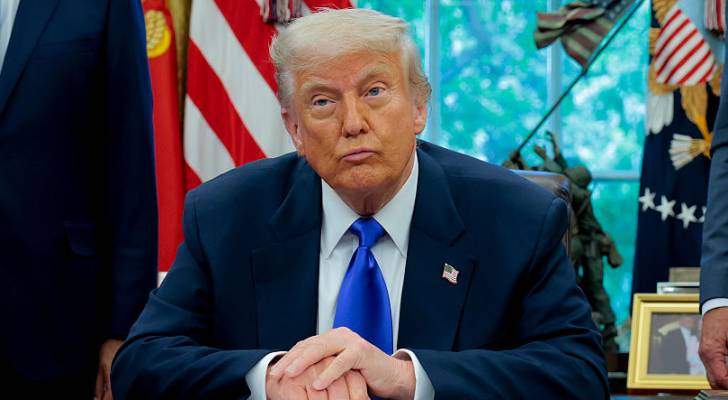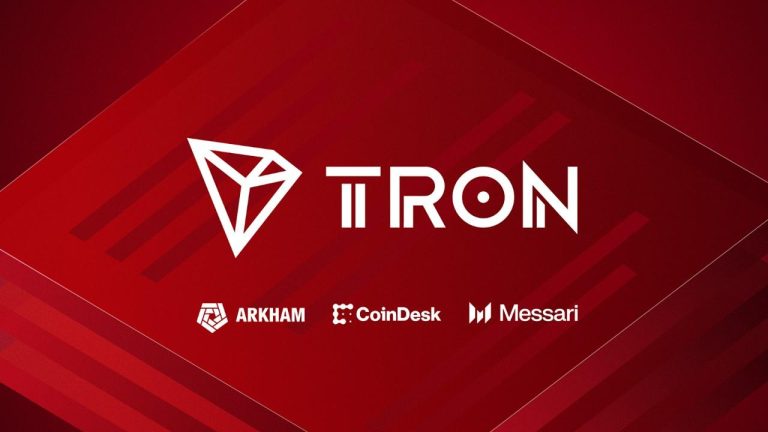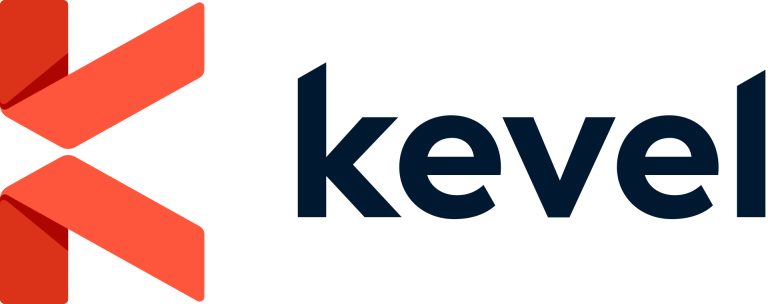
While the White House is trumpeting the “Art of the Deal,” some may say the recent U.S.-China trade deal is a chapter out of “The Subtle Art of Getting Steamrolled.”
Don’t miss
- I’m 49 years old and have nothing saved for retirement — what should I do? Don’t panic. Here are 5 of the easiest ways you can catch up (and fast)
- Gain potential quarterly income through this $1B private real estate fund — even if you’re not a millionaire. Here’s how to get started with as little as $10
- You’re probably already overpaying for this 1 ‘must-have’ expense — and thanks to Trump’s tariffs, your monthly bill could soar even higher. Here’s how 2 minutes can protect your wallet right now
Economist Peter Schiff recently took to X to blast the Trump administration for conceding the trade war without meaningful gains from China.
“How is this trade deal a win for Trump?” he asked. “China has agreed to nothing. The 145% tariffs we imposed have been reduced to 30%. The 125% tariffs they imposed in response have been reduced to 10%. If 145% tariffs were just a bargaining chip, China already called Trump’s bluff and won.”
He continued in response to comments, “So what have we won by agreeing to pause the war we started? We did not win a single battle in this war.”
Other economists echoed this view. "’Big beautiful tariffs’ were intended to encourage reshoring and generate trillions in tax revenue to fund tax cuts," James Knightley, chief international economist, ING wrote in a note to investors reported on by Business Insider.
But with tariffs lowered for 90-days, "most production remains cheaper in China than relocating it to the U.S."
“I think it’s very clear that it’s President @realDonaldTrump who blinked,” Larry Summers, economist and former Treasury Secretary, wrote on X. “We had said that we were determined to impose these policies for an indefinite period. China didn’t make any consequential or significant change in its policies. Sometimes it’s good to blink. When you make a mistake, it’s usually best to correct it and retreat, even if it’s a little bit embarrassing.
America may not have gained much from its brief trade war, but it still stands to lose some economic battles in the months ahead due to its lingering impacts. Here’s why.
Higher costs and lower growth
Despite recent trade deals with China and the UK, American consumers face an overall average effective tariff rate of 17.8%, the highest since 1934, according to The Budget Lab at Yale.
It estimates the U.S. tariffs and foreign retaliation will lower real GDP growth by 0.7% over 2025, raise the unemployment rate by 0.35% by the end of the year and increase price levels by 1.7% in the short-run, the equivalent of a loss of purchasing power of $2,800 per household on average in 2024 dollars.
Pantheon Macroeconomics U.S. economist Samuel Tombs believes that the tariffs could end up adding about 1% to the core PCE price index, according to The Wall Street Journal. This he thinks could compel the Federal Reserve to keep interest rates elevated, which would mean mortgages and auto loans remain expensive for longer.
Given that the trade deal is just a 90-day pause, there’s also some concern that businesses can’t make long-term investment decisions yet. Put simply, investors and consumers face an uncertain future and must take steps to protect themselves.
Read more: Want an extra $1,300,000 when you retire? Dave Ramsey says this 7-step plan ‘works every single time’ to kill debt, get rich in America — and that ‘anyone’ can do it
Protect your assets
In times of volatility and uncertainty, Schiff has championed gold as a safe haven. The price of an ounce of gold is up 22% in the past six months and currently trades at $3,189.
A gold exchange-traded fund such as the SPDR Gold Shares (GLD) could help you diversify your portfolio and provide a buffer against some of the market volatility. There are other ways to own gold as well.
Another potential safe haven could be Treasury Inflation-Protected Securities (TIPS). Unlike typical U.S. treasuries, these instruments adjust the principal based on the inflation rate, which means your money is protected from this invisible drain on purchasing power.
TIPS are particularly useful if you have a low risk tolerance and are worried about higher inflation.
As for consumers, your family’s actual expenses could be higher or lower depending on where tariffs go from here. Adding a margin of safety to your annual spending plan could be the best way to protect your family from this uncertainty.
What to read next
- Millions of Americans now sit on a stunning $35 trillion in home equity — here’s 1 new way to invest in responsible US homeowners while targeting a 14%-17% IRR
- Robert Kiyosaki warns of a ‘Greater Depression’ coming to the US — with millions of Americans going poor. But he says these 2 ‘easy-money’ assets will bring in ‘great wealth’. How to get in now
- Here are 5 ‘must have’ items that Americans (almost) always overpay for — and very quickly regret. How many are hurting you?
This article provides information only and should not be construed as advice. It is provided without warranty of any kind.


